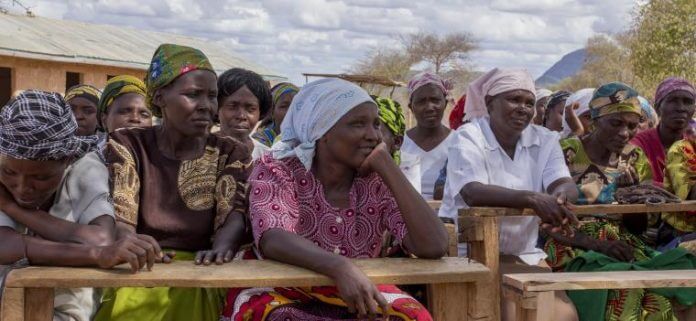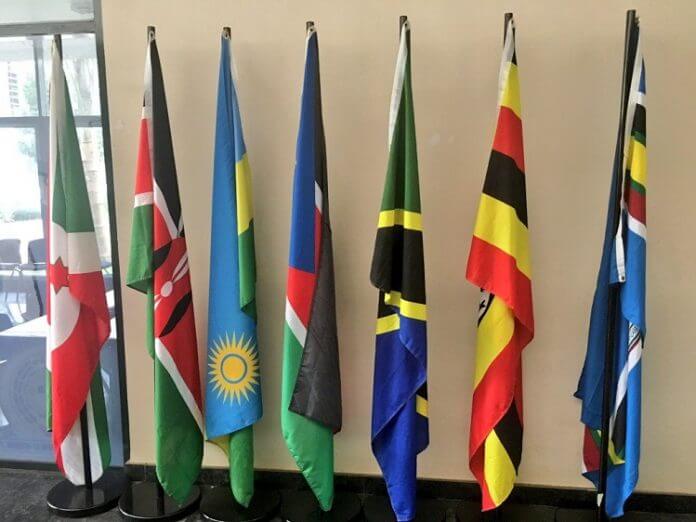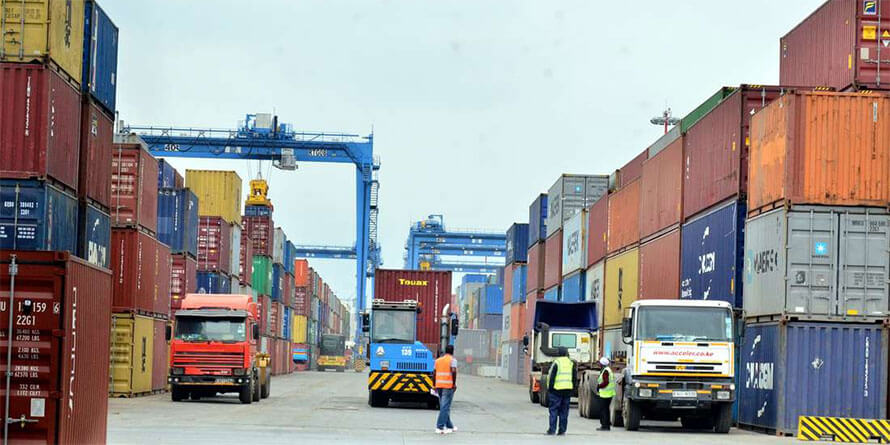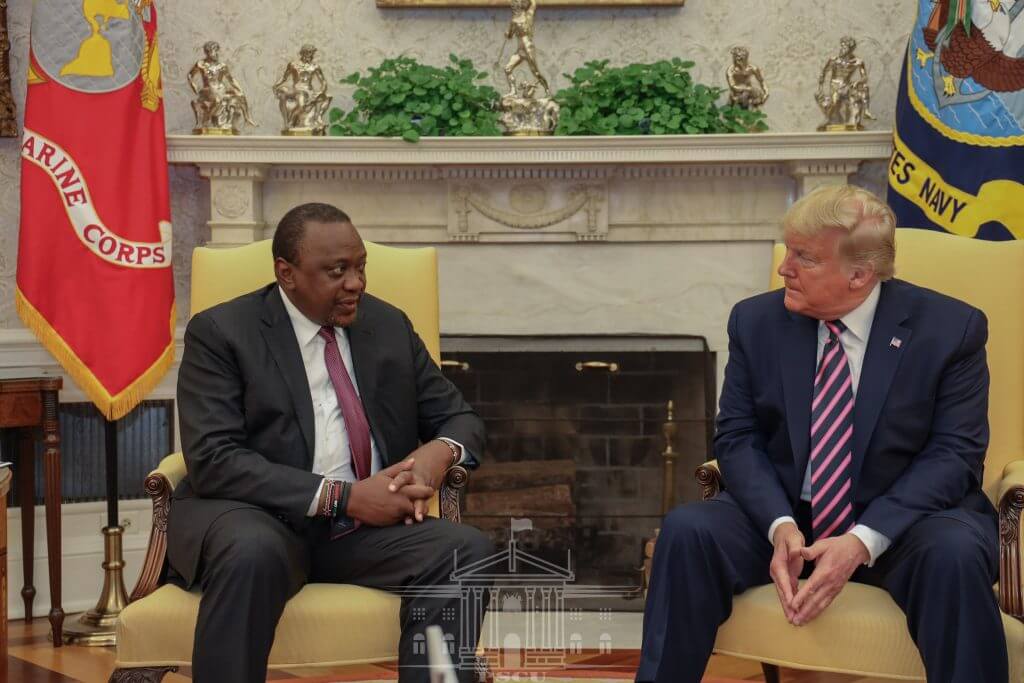Kenyan importers and exporters will soon be compelled to identify the individuals or companies sending or receiving packages from around the world. More than 19 government agencies are involved in the drafting of a Bill aimed at cutting illegal transactions and bringing transparency into the shipping industry and which will also require banks and other financial institutions to identify who is sending and receiving money and to assess the risk that the transaction might be used for illegal purposes. The draft is expected to be presented to Parliament for enactment before the end of this year. The law, commonly known as "Know Your Customer," once adopted, will be aligned with the East Africa Protocol on the Prevention and Combating Corruption and Illegal Trade. The government agencies involved are led by the Ministry of Interior, with Treasury and Judiciary having endorsed its proposal, saying it will help in the fight against money laundering and shipments of fake drugs, narcotics, weapons and wildlife parts to, from or through the country. Last week, Interior Cabinet Secretary Fred Matiang’i, Central Bank of Kenya Governor Patrick Njoroge and the director of Public Prosecutions Noordin Haji led other agencies in high level conference of senior government officials in Mombasa where they endorsed the proposed law. "The criminal activities we experience in our financial institution linked to illegal freight trade has damaged and endangered Kenya's economy. In future, banks will have to adopt the ‘‘’Know Your Customer,’ scheme before any transaction is completed but at the same...
Proposed Kenyan law to fight illegal trade in shipping
Posted on: March 2, 2020
Posted on: March 2, 2020






















